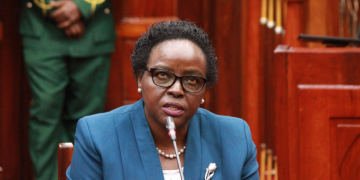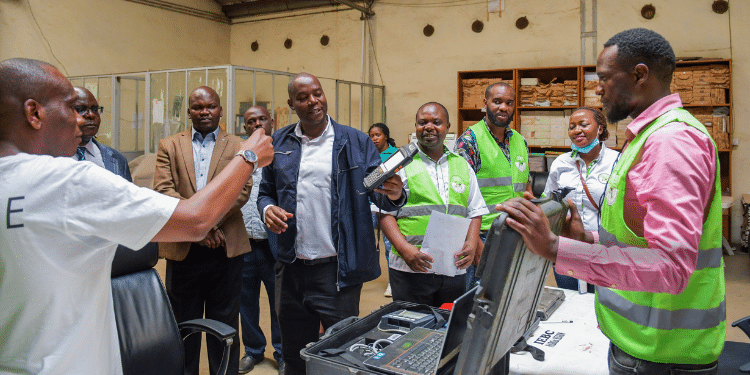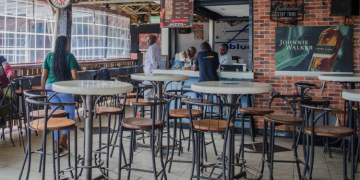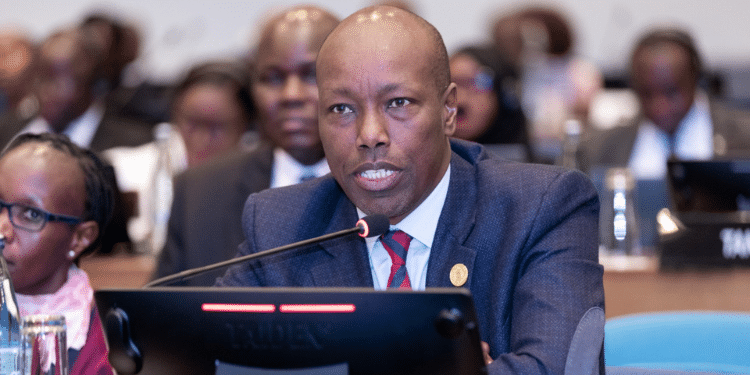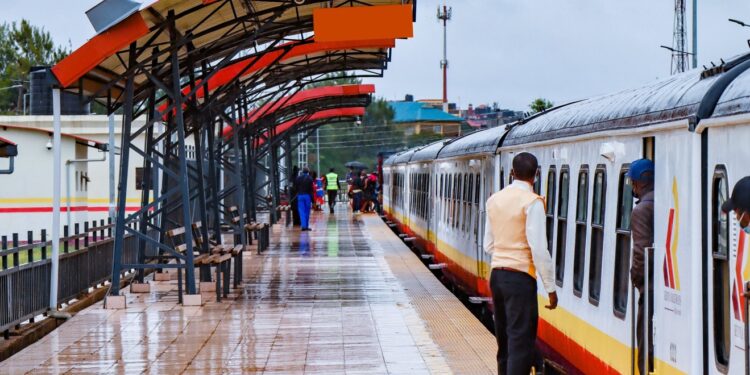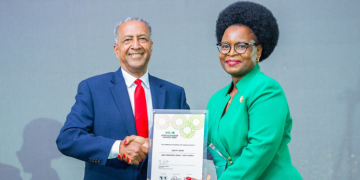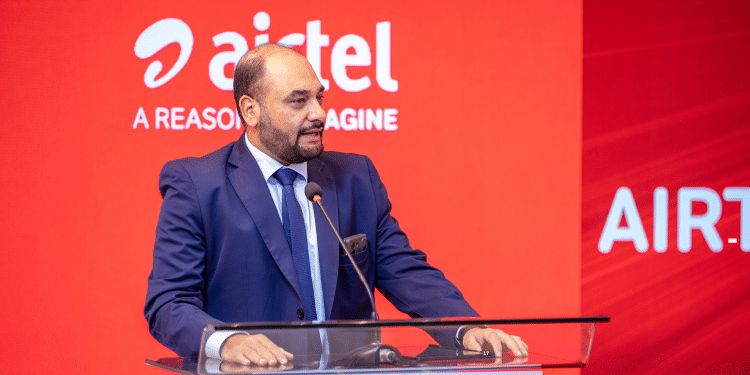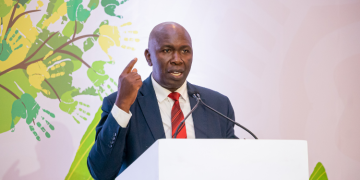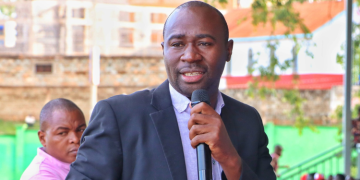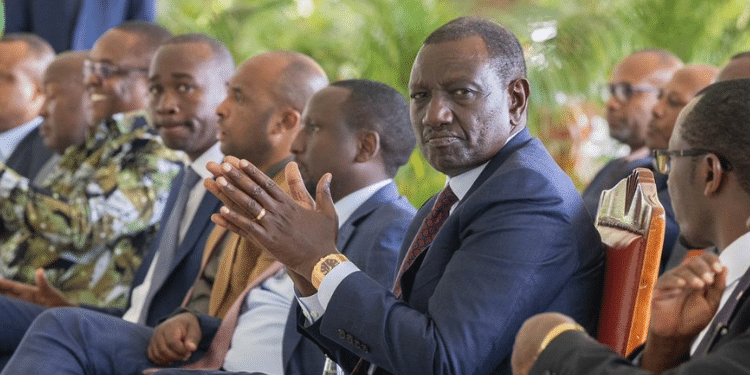National Treasury Cabinet Secretary John Mbadi has disclosed that parts of the Finance Bill 2024 will be included in the new Tax Amendment Bill.
In a TV interview, Mbadi revealed that the government will reintroduce 49 clauses of the Finance Bill in its new revenue-raising proposals as it seeks to collect Ksh150 billion more to cover the deficit caused by the withdrawal of the Finance Bill 2024.
Mbadi disclosed that the controversial Eco Levy will be among those clauses making a comeback.
However, the CS stated that the tax will not affect sensitive commodities such as sanitary towels but could impact multinational companies.
“There are about 49 [clauses]; some don’t even have financial implications; some just align the laws. The levy will target those areas that would not affect the common mwananchi. Sensitive areas, like what was widely talked about, such as sanitary pads—those we can’t touch because Kenyans have spoken,” Mbadi said.

The Eco Levy, which was among the key subjects of the Gen Z-led protests, was also rejected by multinational companies such as Coca-Cola, which opposed the 10% excise duty proposed.
“They will tell us why they oppose it. For me, you know them, they are in business, but we also have an interest as a country. This country is not a dumping ground, so we are saying if you are injurious to the environment, then you must pay for helping to rectify the harm you have caused,” he said.
Tax Amnesty Period & Tax Exemption
The government aims to extend the tax amnesty period by six months, hoping to collect additional revenue by allowing more Kenyans to file their returns.
“Last year, we allowed for tax amnesty, and because of that, the government collected Ksh43 billion. So, tax amnesty is beneficial both to the taxpayer and the government,” the CS explained.
Additionally, Mbadi mentioned that the government will tax-exempt some basic commodities like bread, a move that is expected to save an additional Ksh70 billion and protect consumers.
“Last financial year, we spent Ksh525 billion on tax expenditure, simply put, tax refunds. Now, this is a result of high tax expenditure on VAT, which constitutes about 60 to 65% of our tax expenditure. So, you find that there are goods that are very essential commodities that Kenyans use every day, so we must protect the consumers. We decided to put a lot of these goods under zero-rated commodities,” he said.
Also Read: Atwoli Warns Mbadi Over IMF Loan Conditions
Mbadi KRA Reforms Strategy
The Kenya Revenue Authority (KRA) will undergo reforms, including system automation, to seal loopholes and potentially generate an additional Ksh105 billion in revenue.
“If we reform KRA the way we want, the way I am thinking about KRA, we can get no less than Ksh400 billion more. In fact, some people project even Ksh600 billion,” he said.
The Tax Amendment Bill is expected to be ready by the end of September, following protests that led to the withdrawal of the Finance Bill 2024.
Also Read: Moses Kuria Explains 4 Major Tests Mbadi Will Face as Treasury CS
Ruto Reduces Cuts Spending
President William Ruto had announced Ksh177 billion in spending cuts and Ksh169 billion in additional borrowing to fill the shortfalls caused by the Finance Bill 2024’s demise.
According to the government, the new measures will help pay teachers who have threatened to go on strike, pay security forces, and assist in university funding, among other needs.
Follow our WhatsApp Channel for real-time news updates!
https://whatsapp.com/channel/0029VaB3k54HltYFiQ1f2i2C





